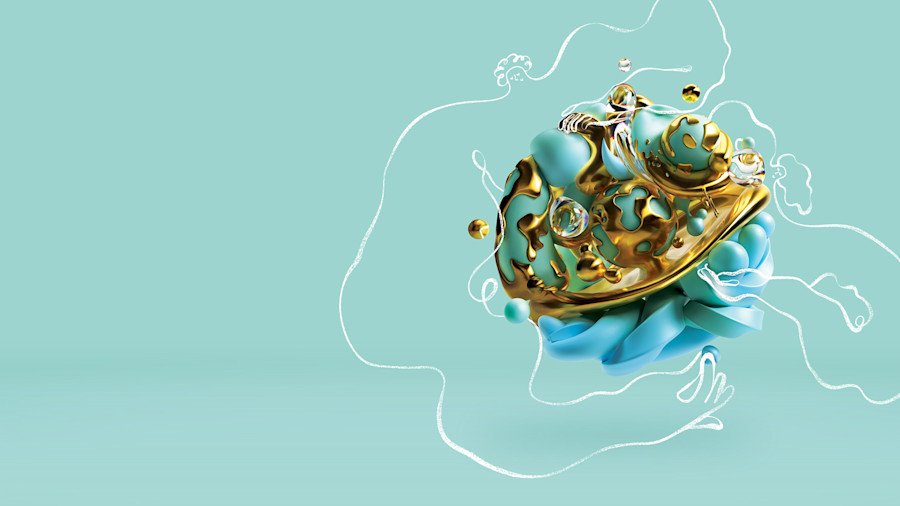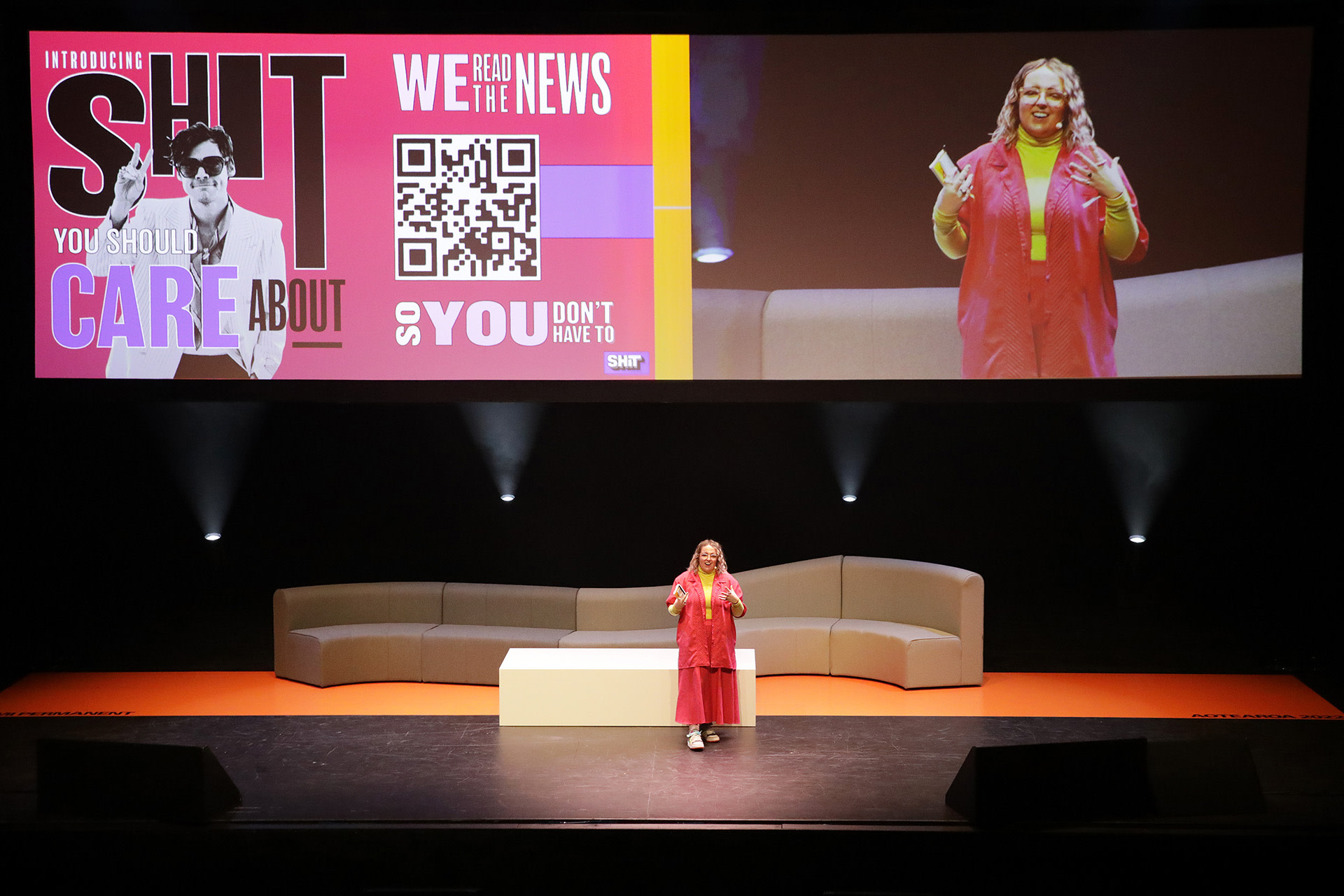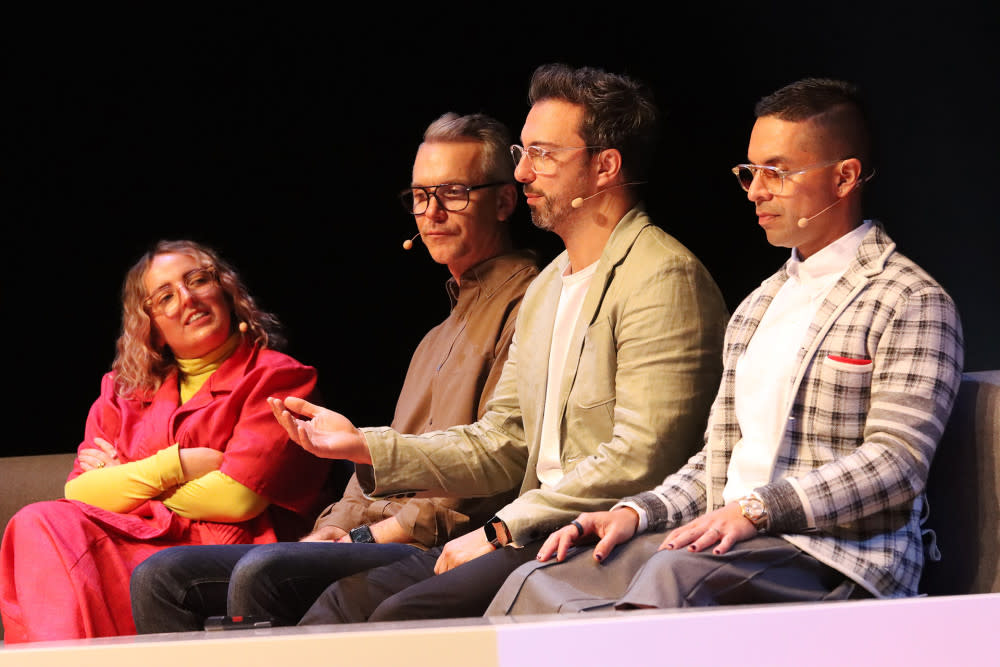In search of the Brand Utopia

The role that brands play in society is so constantly shifting that to try and pin it down would be an exercise in futility itself. Tricky to get right and disastrous to get wrong, creating that inimitable bond between commercial entity and hyper-individualistic consumers is rife with opportunities and threats. But does the brand utopia exist? And if so, how do we find it for ourselves?
Starting with information
It’s not just facts, but feelings; not just empirical, but experiential; not just the truth, but your truth; not just believability, but relatability; and not just authoritative, but authentic.”
Hector Ouilhet — Head of Human Centred Innovation and Strategy, Google
The engagement business
"We go from sales opportunities to engagement opportunities, we go from being data-driven to creating data-enabled experiences; the‘build it and they will come’ mentality to‘lets build it with them’ mentality. Then you get to go from being a category player to a category disrupter.”
Dan Wright — Deloitte Digital

You should really care about it
"I never thoughts my skills as a fangirl could go on a CV."
Lucy Blakiston — Founder, Shit You Should Care About
“We put our creativity and our happiness before content because if the audience can feel we’re not vibing it, they won’t believe that we’re telling them what they should be caring bout.”
Lucy Blakiston — Founder, Shit You Should Care About
Separating the real from the unreal
